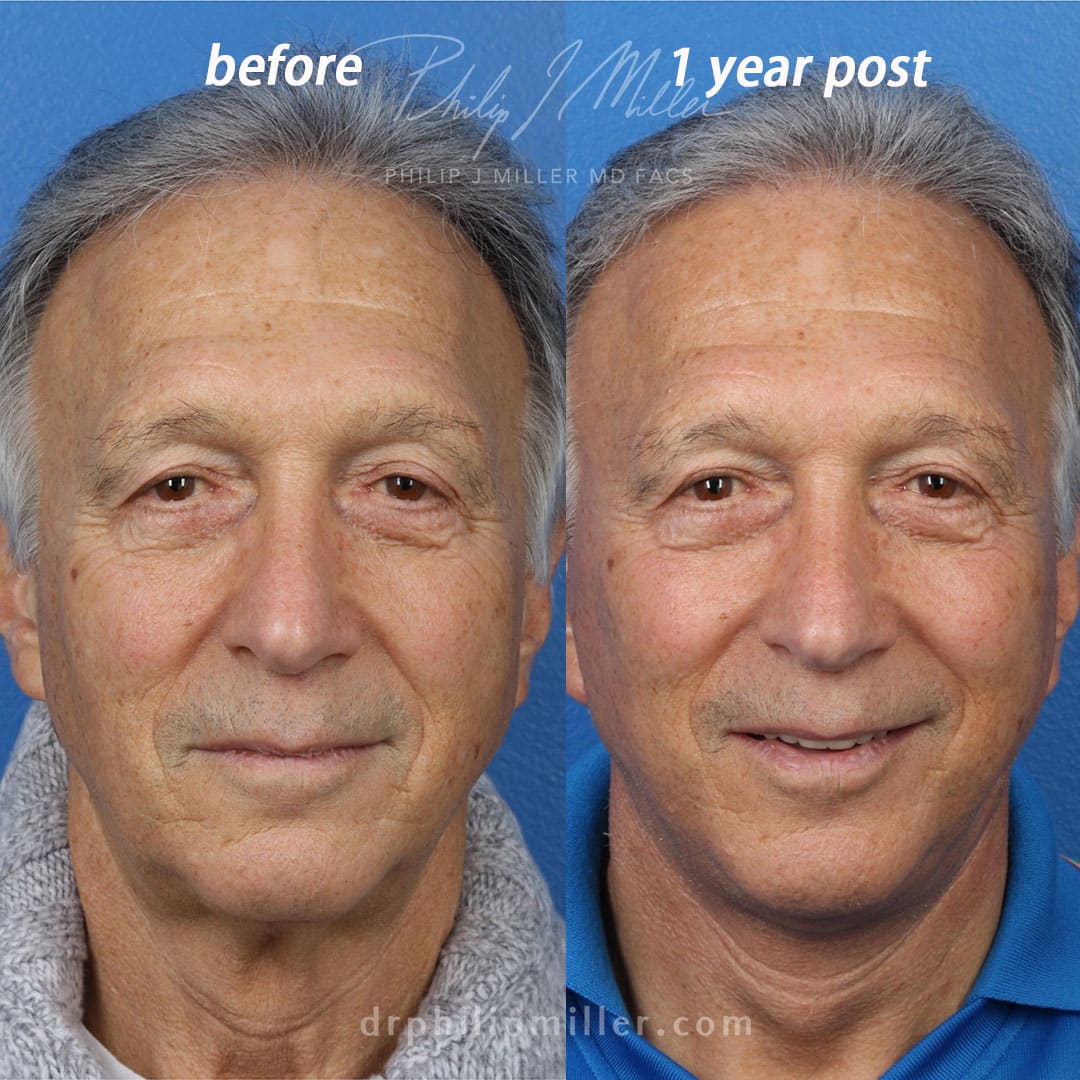Checking Out the Mental and Social Variables That Drive People to Take Into Consideration Cosmetic Surgery as a way of Improvement
The choice to go after cosmetic surgical procedure commonly extends beyond mere aesthetics, linking with psychological and social dynamics that merit thorough assessment. Factors such as self-confidence, prevalent societal appeal criteria, and the pervasive impact of social media merge to shape private inspirations for surgical enhancement.
The Duty of Self-Esteem
Self-esteem considerably influences a person's choice to seek cosmetic surgery. Individuals with low self-esteem typically view themselves in an unfavorable light, leading to sensations of insufficiency regarding their physical appearance.

Inevitably, the duty of self-confidence in the decision-making procedure pertaining to plastic surgery highlights the intricate interaction between body image, personal satisfaction, and psychological wellness. Comprehending this connection is important for healthcare professionals to make certain that people are making informed choices rooted in practical expectations and emotional well-being.
Social Appeal Criteria
Influenced by prevalent media representations and cultural stories, societal beauty standards play a crucial function fit people' understandings of their very own bodies. These requirements are frequently characterized by an idyllic form of elegance that highlights traits such as slimness, symmetry, and youthful vigor. As these ideals are bolstered through numerous channels, consisting of tv, film, and advertising and marketing, people often internalize these messages, bring about discontentment with their natural appearance.
The implications of these societal standards prolong past visual preferences; they can influence self-confidence, psychological health, and social partnerships. People that view themselves as dropping short of these requirements may experience sensations of inadequacy, triggering a need for plastic surgery as a way of attaining social authorization. This quest is typically sustained by the idea that satisfying these ideals will improve not just physical look but likewise social standing and individual gratification.

Influence of Social Media Site
The impact of social elegance criteria is additional intensified by the surge of social networks platforms, where curated photos and idealized representations of appeal are ubiquitous. Individuals are frequently exposed to filtered and edited photographs, which often illustrate unattainable physical qualities. This direct exposure grows a society of contrast, leading individuals to assess their very own look against these usually unrealistic standards.
Social network influencers and celebrities often promote aesthetic procedures, normalizing the notion that surgical enhancements are a feasible ways for accomplishing societal perfects (plastic surgery rancho cucamonga). The presence of these enhancements can produce an understanding that undergoing plastic surgery is a conventional practice, consequently influencing people to take into consideration comparable interventions as a path to enhanced self-confidence and social approval
In addition, the interactive nature of social media visit here sites permits immediate comments via likes and remarks, even more reinforcing the need to adapt prominent beauty requirements. Such interactions can worsen sensations of inadequacy and drive individuals toward cosmetic surgical procedure as a method of getting recognition. Eventually, social media plays a pivotal duty in forming perceptions of charm, which significantly influences the decision-making processes surrounding cosmetic surgery.

Cultural Viewpoints on Appearance
Across various cultures, assumptions of look are deeply rooted in historical, social, and financial contexts, forming individuals' views on charm and desirability. In many societies, look functions as a significant marker of identity, affecting social standing, specialist possibilities, and personal partnerships. For instance, in some societies, light skin is frequently connected with riches and advantage, while others might glorify darker complexion as signs of stamina and credibility.
Furthermore, conventional elegance standards are often perpetuated with cultural stories, media representations, and family members affects, resulting in varying suitables across various regions (plastic surgery rancho cucamonga). In Western societies, the emphasis on young people and physical conditioning usually drives individuals toward cosmetic improvement, while in particular Eastern cultures, even more subtle modifications aligned with conventional aesthetic appeals may be favored
Globalization and the proliferation of digital media have actually additionally complicated these characteristics, creating a hybridization of beauty perfects that goes beyond geographical borders. As people progressively browse these cultural stories, the stress to adapt details look standards can result in the need for cosmetic surgery, showing a complicated interplay of personal aspirations and social worths. Understanding these social viewpoints is crucial in resolving the motivations behind plastic surgery factors to consider.
Emotional Influences of Aesthetic Surgical Procedure
Many individuals seeking plastic surgery record experiencing extensive psychological impacts that can considerably modify their self-perception and emotional health - plastic surgery rancho cucamonga. The desire for physical enhancement commonly comes from underlying concerns such as low self-worth, body dysmorphic problem, or social stress regarding elegance standards. For some, the prompt blog here post-operative phase can cause a short-term boost in self-confidence and fulfillment with their appearance, fostering a feeling of empowerment
However, these favorable feelings may not be enduring. Research suggests that while some individuals experience enhanced self-esteem, others may face increased stress and anxiety or depression if their expectations are not satisfied. This discrepancy can occur from impractical perfects perpetuated by media depiction and social stories surrounding appeal.
Moreover, the mental ramifications of cosmetic surgical procedure extend past the person. Relationships with friends and family might be strained as social characteristics shift, bring about sensations of seclusion or alienation. Eventually, the psychological impacts of plastic surgery are complex and diverse, needing mindful factor to consider by both prospective clients and doctor to ensure enlightened decision-making and practical expectations.
Conclusion
In conclusion, the choice to pursue plastic surgery is significantly influenced by a combination of self-confidence problems, social beauty standards, and cultural point of views on appearance. The pervasive reach of social networks better aggravates these stress, advertising impractical ideals that individuals frequently aim to obtain. Recognizing these social and psychological factors is important for dealing with the motivations behind cosmetic surgery, highlighting the requirement for a much more nuanced discussion bordering elegance and self-acceptance in modern culture.
The choice to go after cosmetic surgical treatment commonly expands past plain aesthetics, intertwining with social and mental dynamics that merit complete assessment. Eventually, social media plays a critical role in forming understandings of charm, which considerably impacts the decision-making procedures bordering cosmetic surgical treatment.
As individuals significantly browse these cultural narratives, the stress to adapt to additional resources particular appearance criteria can lead to the wish for cosmetic surgery, mirroring a complicated interplay of social values and personal desires.In final thought, the decision to go after cosmetic surgical procedure is dramatically influenced by a mix of self-worth issues, social charm standards, and social perspectives on appearance. Recognizing these social and emotional elements is essential for resolving the motivations behind cosmetic surgical procedure, highlighting the need for an extra nuanced conversation bordering elegance and self-acceptance in contemporary culture.